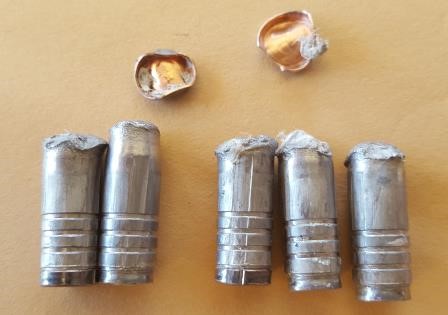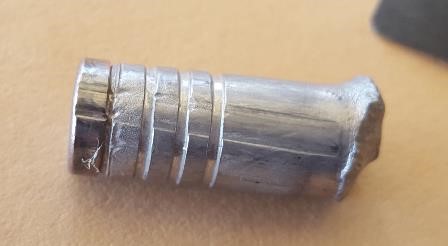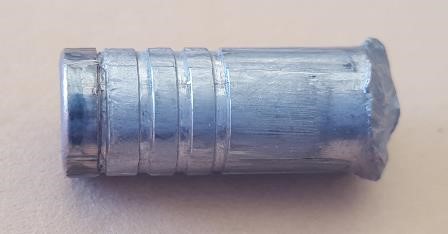Does it really lubricate or is it like a liquid piston ring and help seal the gas behind the bullet and reduce gas cutting?
How does it affect bore condition that we would like to stay constant but often doesn't requiring frequent bore cleaning to prevent declining accuracy?
Is it needed at all and if so when?
If needed, how much is needed. Some people shoot multi groove bullets with lube in all the groves. Others limit it to the tiny groove in front of the gas check. Both win matches.
Why don't we shoot cast bullets with no lube at all in situations where we can as we do with air guns?
Can we learn something by discussing and researching this topic or is present practice good enough.
John














